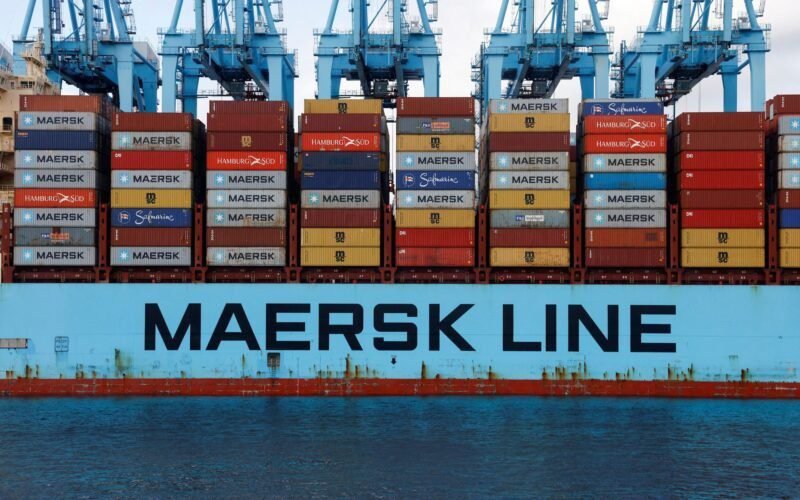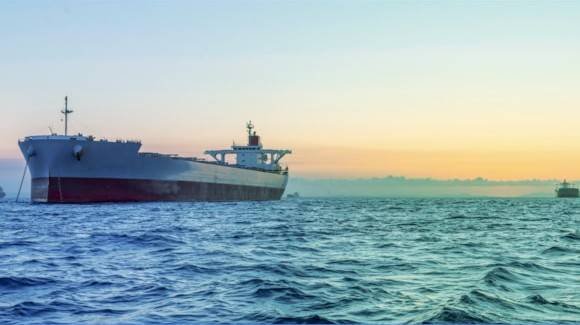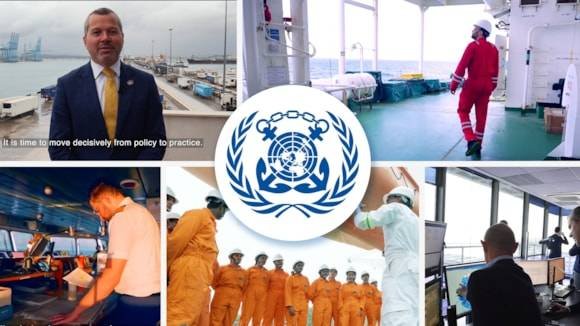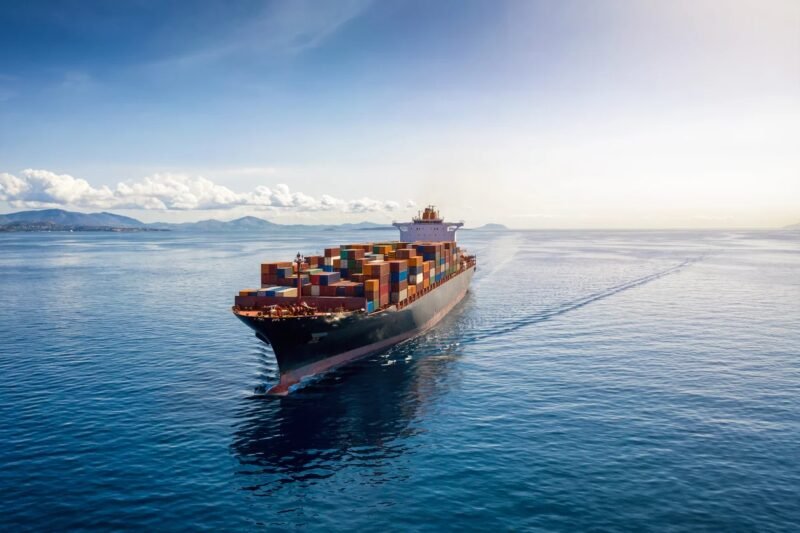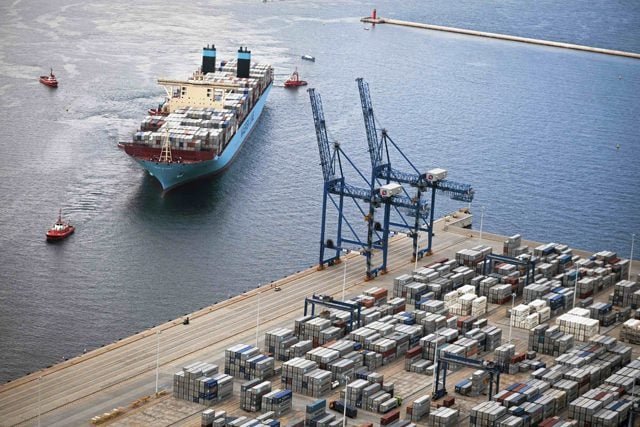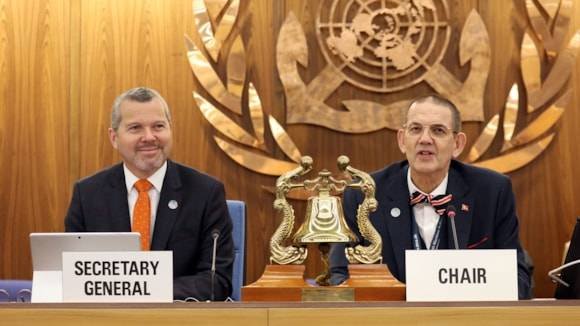Maersk, a major shipping company, anticipates that the global regulator for the industry will approve a fee on ships’ greenhouse gas emissions in 2025. This move comes as nations at International Maritime Organization talks work towards implementing new rules to reduce the sector’s carbon dioxide emissions, which currently contribute about a billion tons to the atmosphere annually. Maersk’s representative for Europe, Simon Bergulf, expects a pollution fee to be established next year, along with regulations aiming to gradually decrease the greenhouse gas intensity of ships’ energy consumption.
The shipping industry, responsible for over 80% of global trade, still heavily relies on fossil fuels for operation. Recent disruptions such as Yemen’s Houthi attacks in the Red Sea have compelled ships to take longer routes, resulting in increased emissions. The International Maritime Organization, a United Nations agency, plans to finalize the new rules by next year and enforce them by 2027. If a global pricing mechanism for greenhouse gas emissions is implemented, it would be a groundbreaking global initiative, although achieving a consensus among the organization’s 175 Member States can be challenging.
Maersk’s Bergulf views Japan’s proposed $60 per tonne emission fee as reasonable, cautioning against a fixed $150 fee without flexibility. Industry experts believe that the shipping sector has the potential to transition from a laggard to a leader in energy sustainability. Jan Dieleman, president of Cargill Inc.’s marine transportation business, envisions a future where the industry sets a global standard for zero emissions, spearheading sustainable practices in a crucial sector for world trade.


